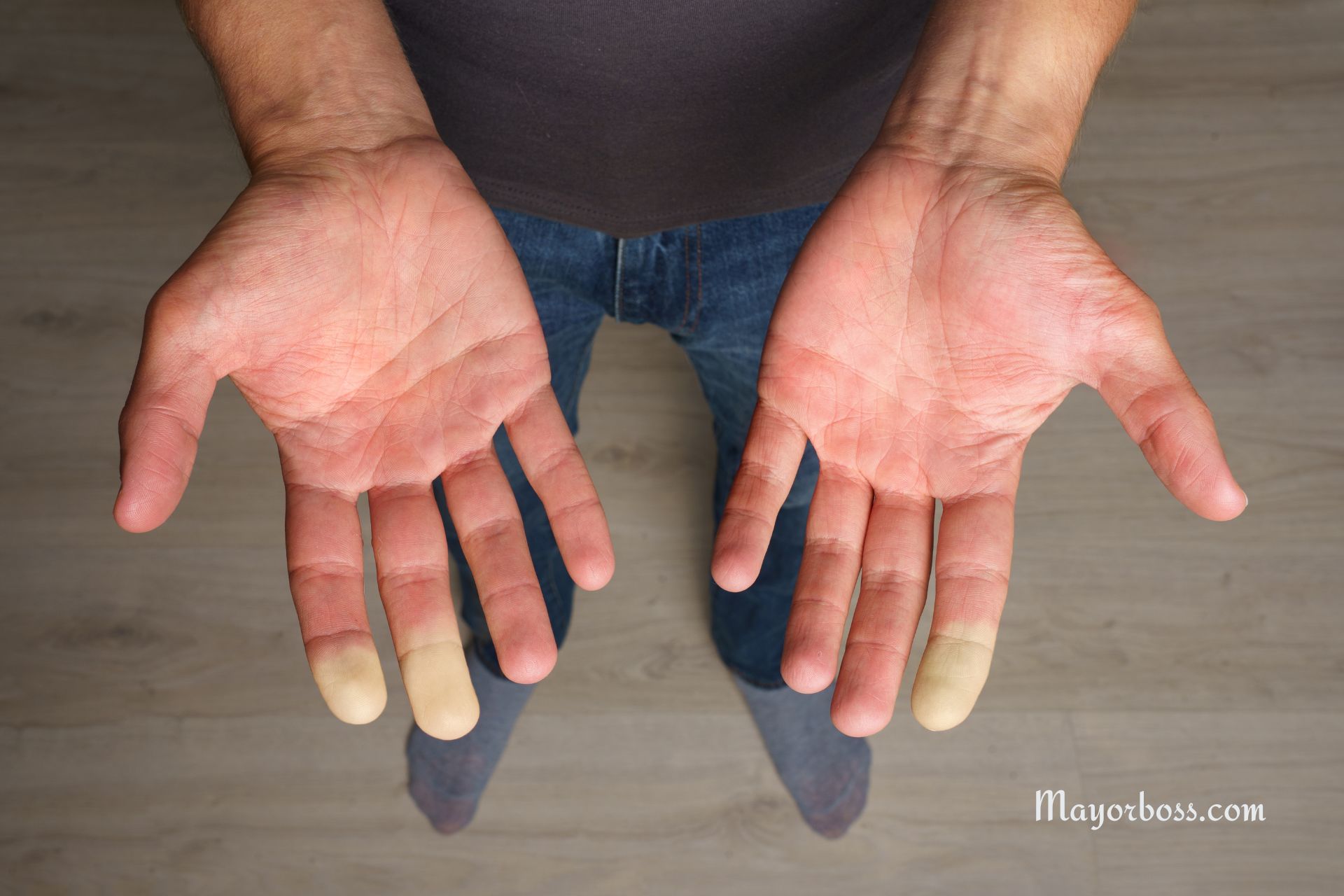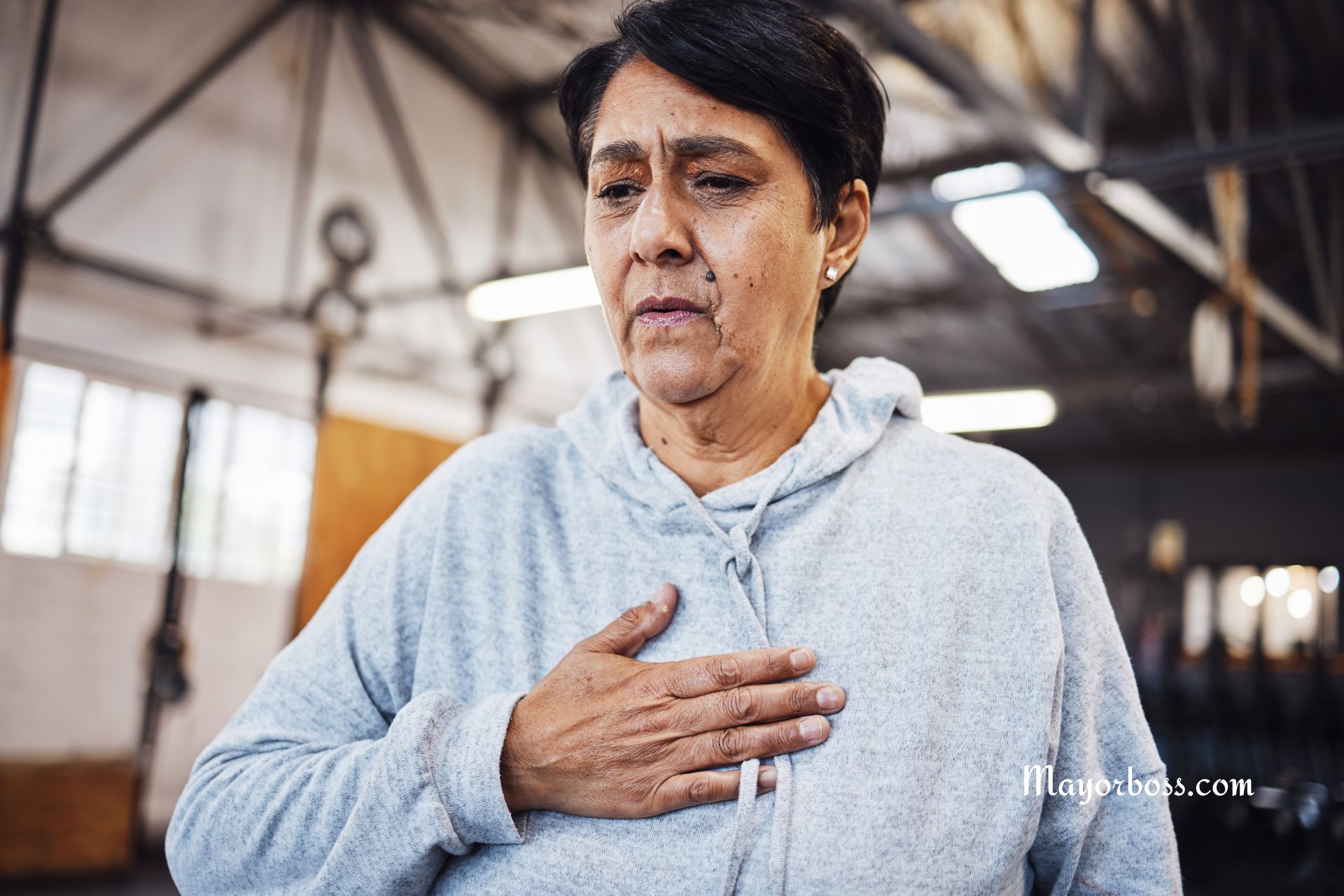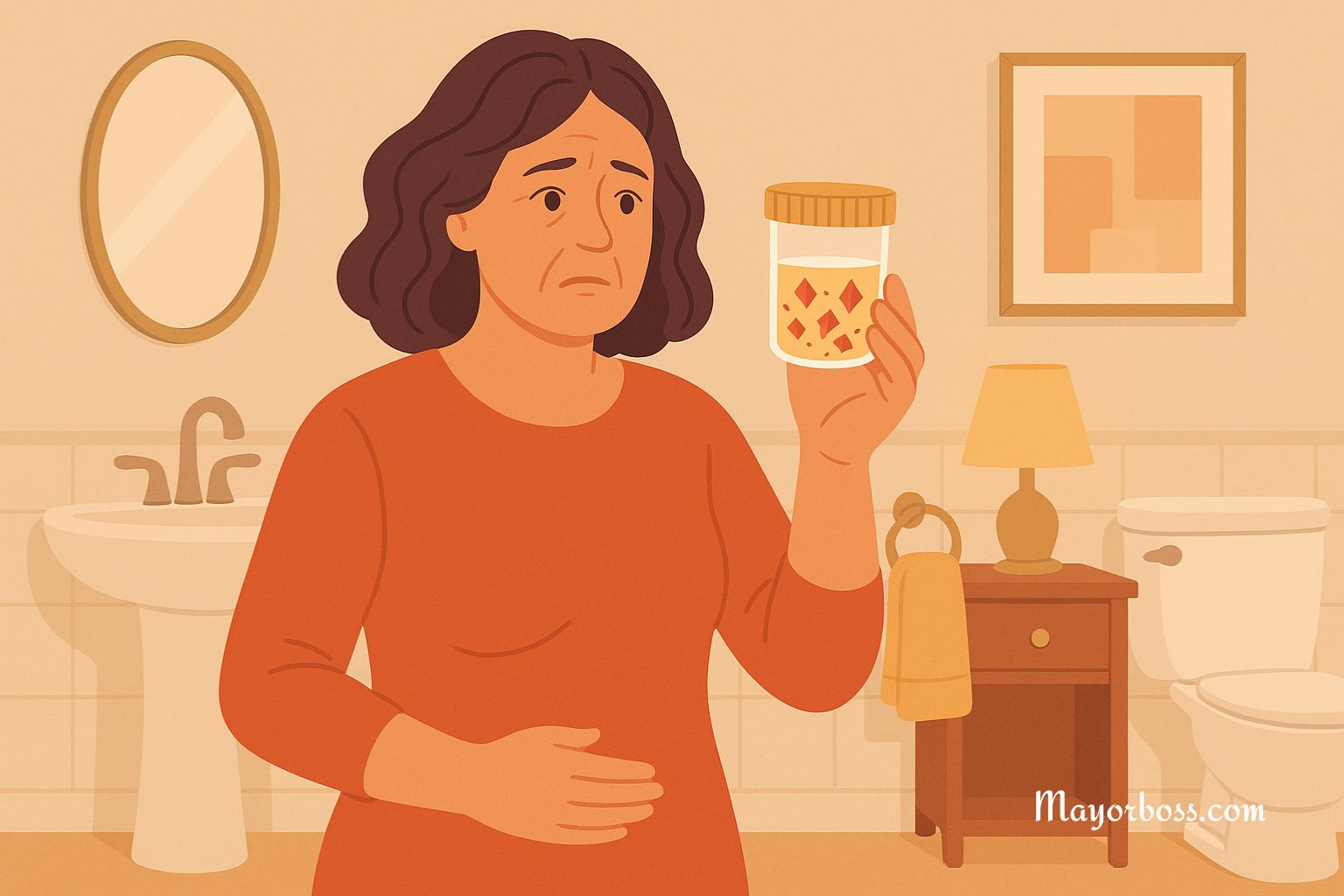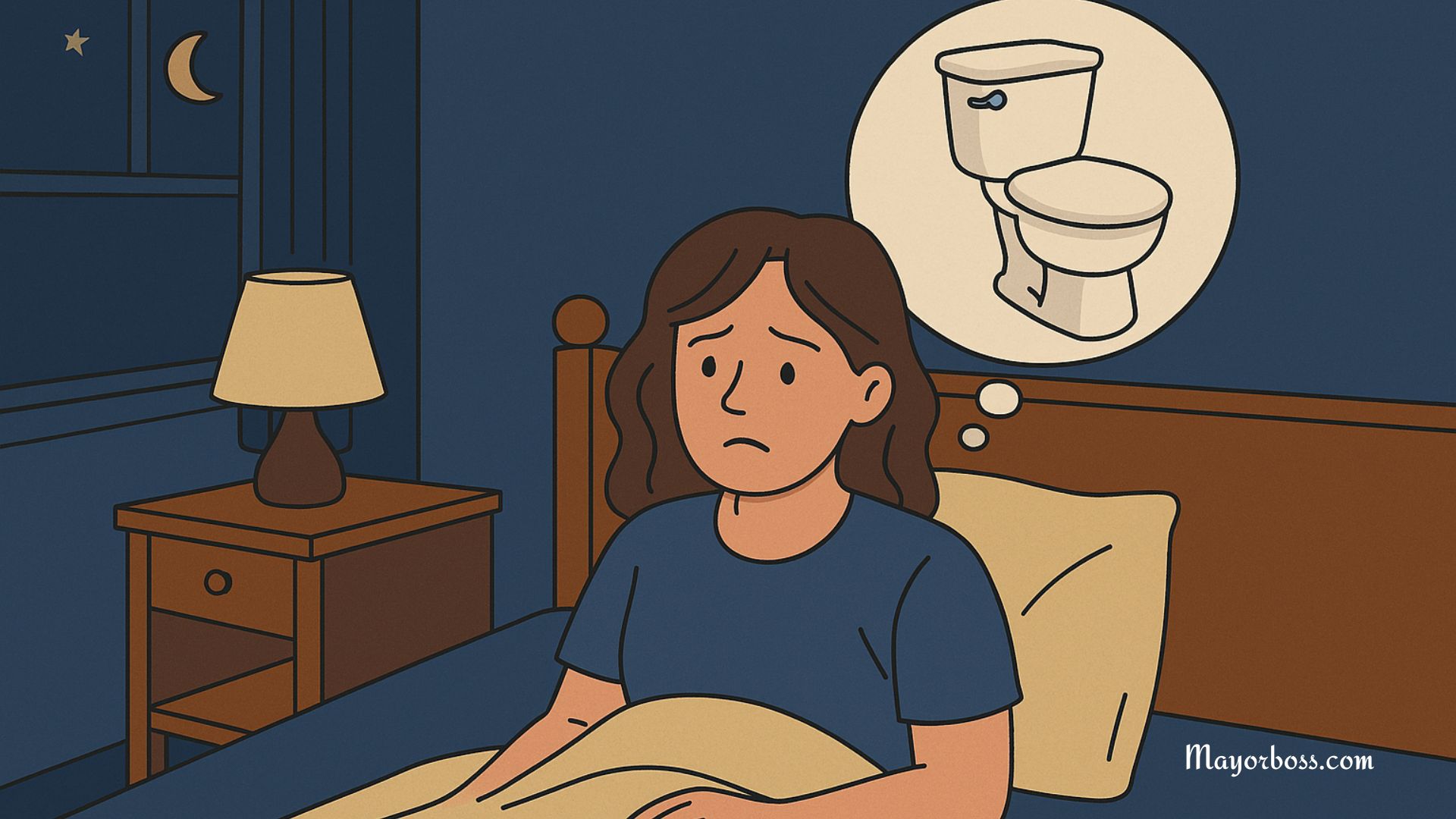8 Common Causes of Heart Palpitations
Heart palpitations—an unsettling feeling that your heart is beating too hard, too fast, skipping a beat, or fluttering—can be disconcerting. While they’re often harmless and can occur in healthy hearts, palpitations can sometimes indicate underlying health issues.
Here are eight common causes of heart palpitations:
1. Stress, Anxiety, and Emotional Distress
When you’re under stress or experiencing strong emotions like anxiety or fear, your body releases hormones such as adrenaline. This “fight or flight” response can stimulate your heart rate, causing it to beat faster and potentially lead to palpitations. Techniques like deep breathing, yoga, or meditation can help manage stress and reduce the occurrence of palpitations.
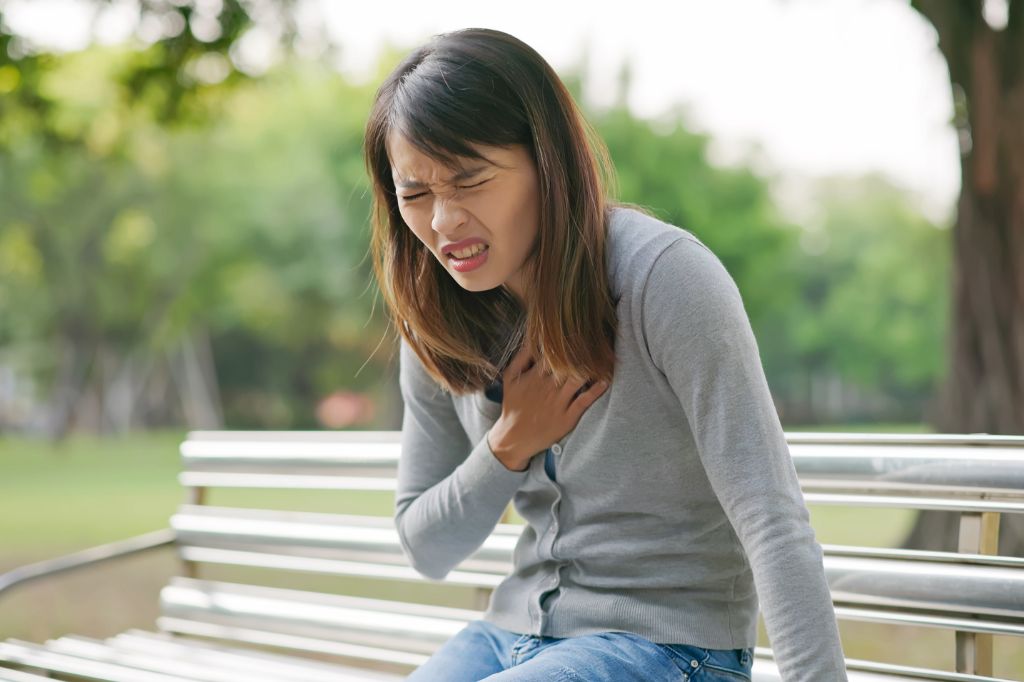
2. Stimulants
Stimulants can trigger heart palpitations due to their impact on the nervous system and heart rate. Common stimulants include:
- Caffeine: Found in coffee, tea, chocolate, and many soft drinks and energy drinks.
- Nicotine: A stimulant present in tobacco products like cigarettes.
- Alcohol: In moderate to high amounts, alcohol can cause palpitations by dehydrating the body and stimulating the heart.
- Certain Medications: Some cold and cough medications, asthma inhalers, diet pills, and certain thyroid and psychiatric medications can cause palpitations.
3. Exercise
Your heart naturally beats faster during physical activity to provide your muscles with more oxygen. In some cases, this increased heart rate can result in palpitations. If you frequently experience palpitations during exercise, it’s crucial to consult with a healthcare provider to rule out underlying conditions.
4. Dehydration
Dehydration can cause an imbalance in your body’s electrolytes—minerals that play a vital role in heart health. This imbalance can lead to palpitations. Ensuring you drink enough fluids, especially during hot weather or when exercising, can prevent dehydration-related palpitations.
5. Hormonal Changes
Hormonal fluctuations, usually during menstruation, pregnancy, and menopause, can cause heart palpitations in some women. While these are typically harmless, if you’re pregnant and experiencing palpitations, it’s crucial to seek medical attention to rule out heart conditions that could potentially affect the pregnancy.
6. Medical Conditions
Certain medical conditions can cause heart palpitations, including:
- Thyroid Disorders: An overactive thyroid (hyperthyroidism) can cause your heart to beat faster, leading to palpitations.
- Low Blood Sugar: Hypoglycemia can trigger a release of adrenaline, causing your heart to beat faster.
- Heart-Related Conditions: Certain conditions, such as arrhythmia, heart disease, or heart valve issues, can cause palpitations.
- Anemia: A lower-than-normal number of red blood cells can cause the heart to beat faster to supply the body with the necessary oxygen.
7. Low Potassium Levels
Potassium plays a key role in the electrical signals that control the heart’s rhythm. If your potassium levels are too low, it can cause heart palpitations. Certain diuretic medications, excessive sweating, diarrhea, or vomiting can lead to low potassium levels.
8. Fever
When you have a fever, your heart rate naturally increases. This is because your body is working harder to fight off an infection, which puts more strain on your heart. If your heart rate increases significantly, you may experience heart palpitations.
If you regularly experience heart palpitations or they’re accompanied by chest pain, shortness of breath, dizziness, or fainting, it’s essential to seek immediate medical attention. These could be signs of a serious heart condition. Regardless of the cause, your healthcare provider can provide guidance and potential treatment options to manage and reduce heart palpitations.
Further Reading: How To Stop Your Heart Palpitations


